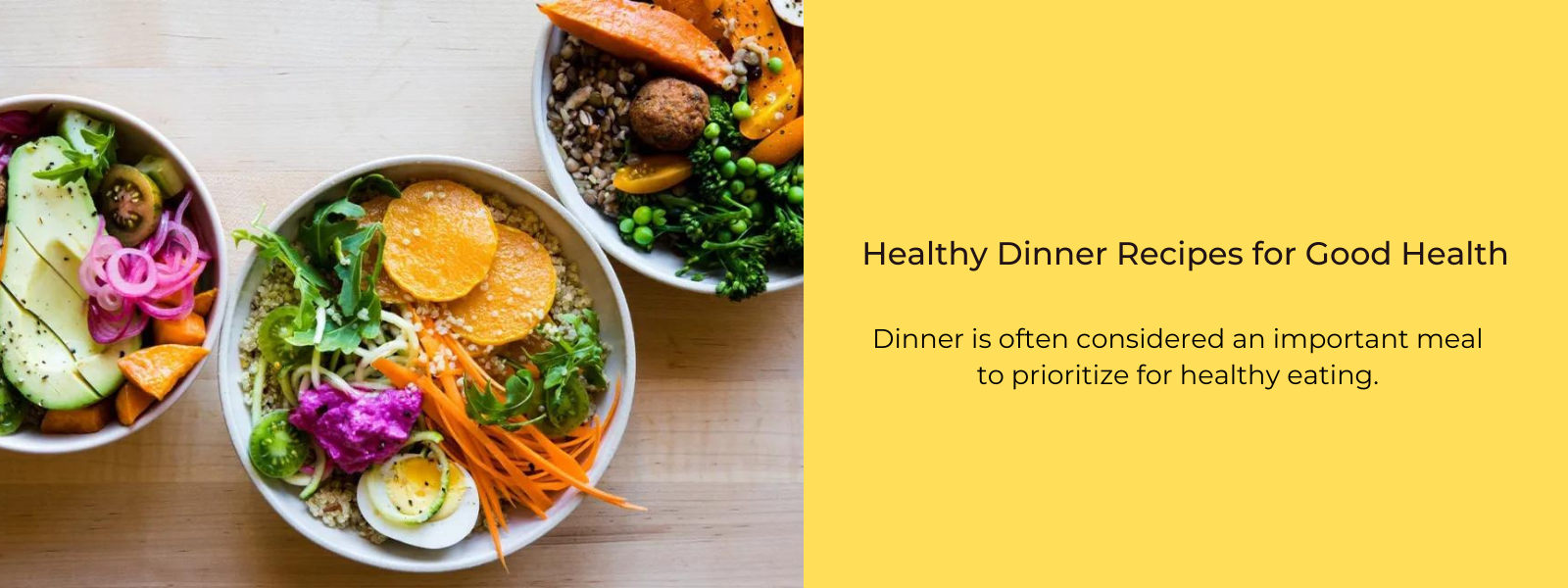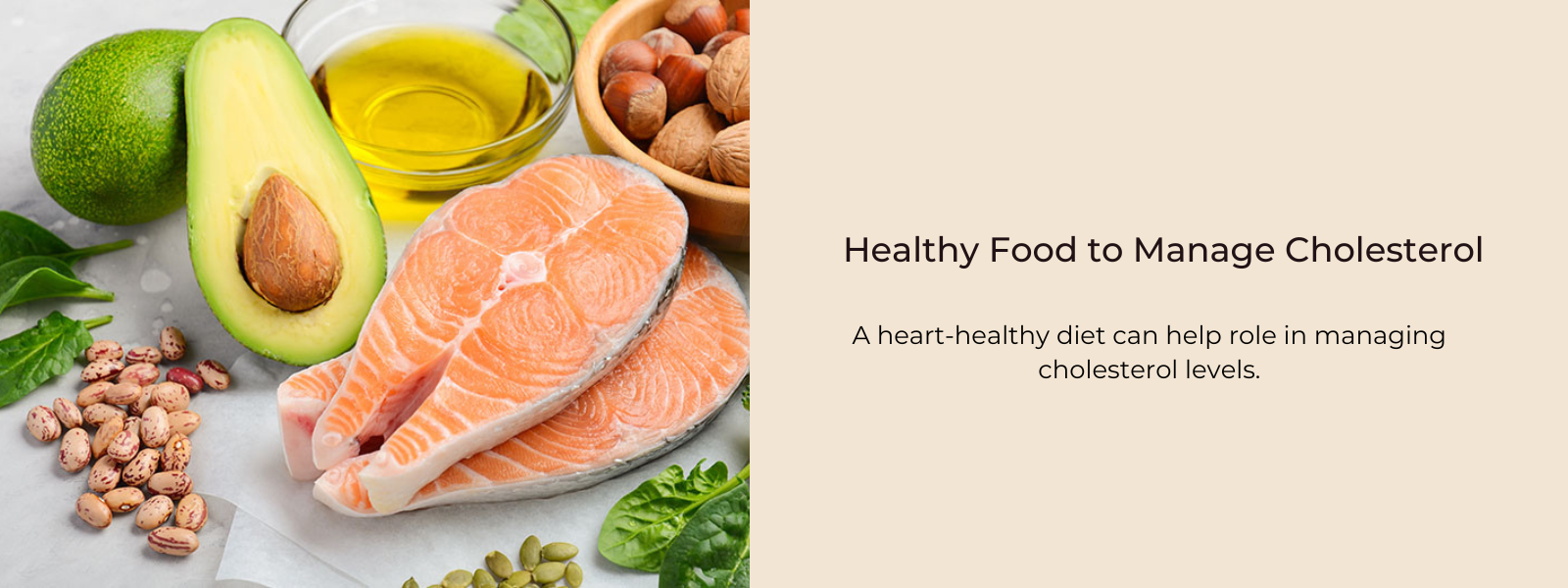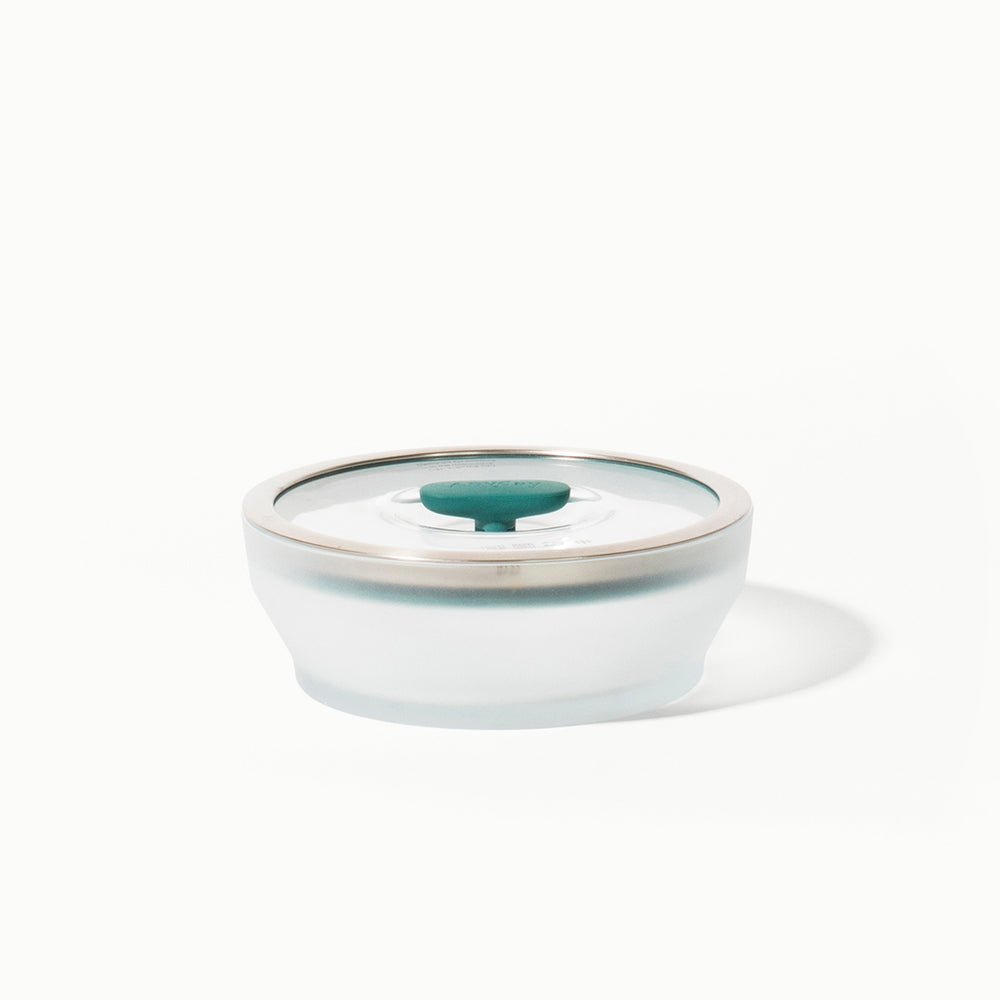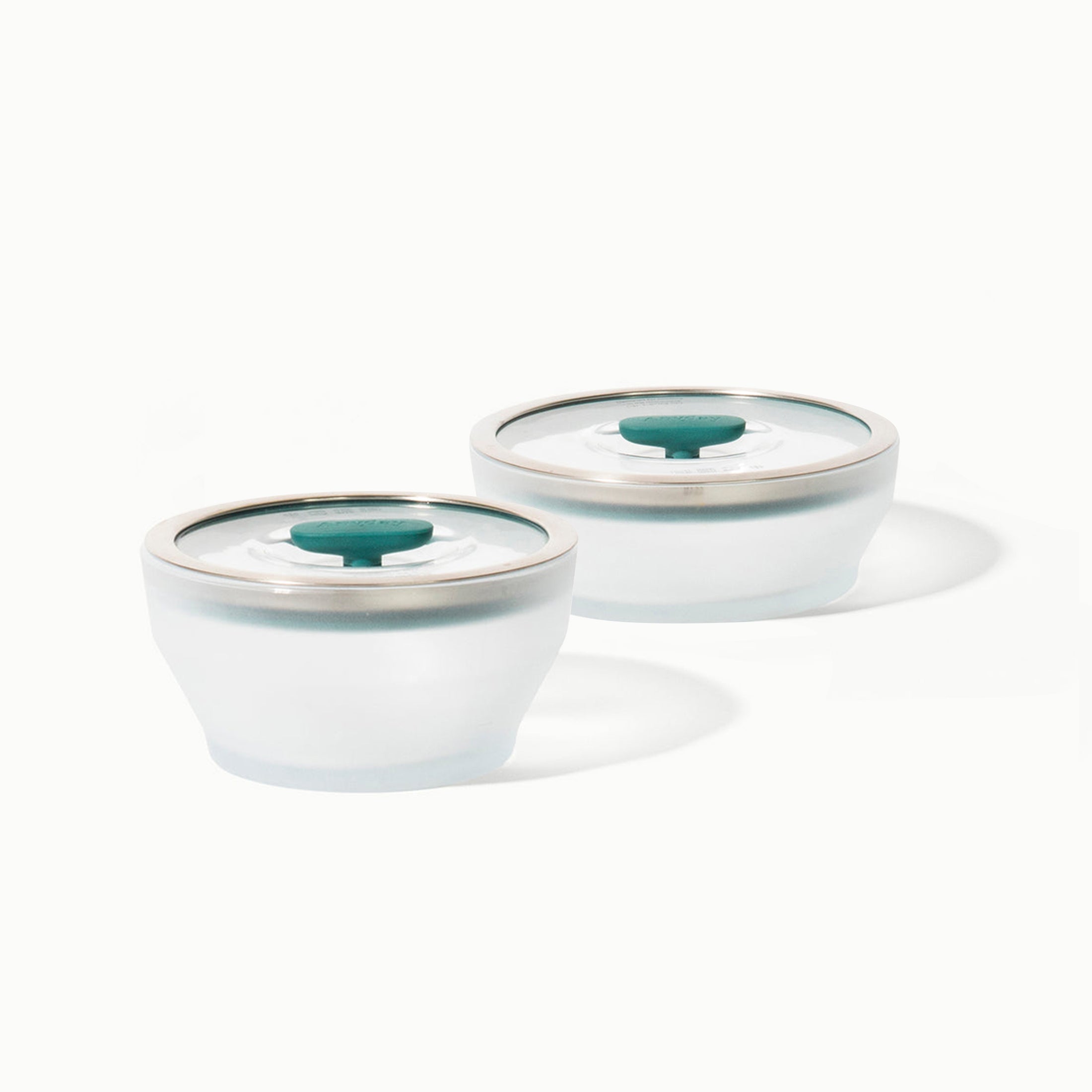Eating healthy can definitely help you lose weight. Weight loss occurs when you consume fewer calories than your body needs, creating a calorie deficit. By focusing on nutritious, whole foods and making healthier choices, you can reduce your calorie intake while still providing your body with the necessary nutrients.
Healthy eating encompasses consuming a balanced and varied diet that provides essential nutrients for optimal health and well-being. Here are key components of healthy eating:
Table of Contents
What to include in your diet to lose weight fast?
Fruits and vegetables: Include a variety of fruits and vegetables in your diet as they are rich in vitamins, minerals, antioxidants, and fiber. Aim to fill half your plate with fruits and vegetables at each meal.
Whole grains: Choose whole grains such as brown rice, quinoa, whole wheat bread, and oats. They are higher in fiber, vitamins, and minerals compared to refined grains.
Lean proteins: Incorporate lean protein sources such as poultry, fish, tofu, legumes, nuts, and seeds. Protein is essential for muscle repair, growth, and overall body function.
Healthy fats: Include sources of healthy fats like avocados, nuts, seeds, olive oil, and fatty fish. These fats are beneficial for heart health, brain function, and nutrient absorption.
Dairy or dairy alternatives: If you consume dairy, choose low-fat or fat-free options. If you're lactose intolerant or follow a vegan diet, opt for dairy alternatives like almond milk, soy milk, or coconut milk fortified with calcium and vitamin D.
Limit added sugars: Minimize consumption of foods and beverages that contain added sugars such as soda, candy, baked goods, and sugary cereals. Instead, satisfy your sweet tooth with naturally sweet foods like fruits.
Control portion sizes: Be mindful of portion sizes to avoid overeating. Pay attention to your hunger and fullness cues, and aim for balanced meals that provide satiety.
Hydration: Drink plenty of water throughout the day to stay hydrated. Limit sugary drinks and opt for water, herbal tea, or infused water as your main beverages.
Minimize processed foods: Limit highly processed foods that are often high in unhealthy fats, added sugars, sodium, and artificial ingredients. Choose whole, unprocessed foods as much as possible.
Mindful eating: Practice mindful eating by paying attention to your food, savoring the flavors, and eating slowly. This can help prevent overeating and promote a healthier relationship with food.
How can eating healthy help lose weight fast?
Reduced calorie intake: Healthy foods are often lower in calories compared to processed and high-fat foods. Filling your plate with fruits, vegetables, lean proteins, whole grains, and healthy fats can help you feel satisfied while consuming fewer calories.
Increased satiety: Nutrient-dense foods, such as fiber-rich fruits, vegetables, and whole grains, provide greater satiety and help you feel fuller for longer. This can prevent overeating and reduce snacking on high-calorie foods.
Balanced nutrition: Eating a variety of healthy foods ensures that you're getting essential vitamins, minerals, and antioxidants while avoiding nutrient deficiencies. When your body is properly nourished, it functions optimally and can support weight loss.
Reduced sugar and processed foods: Cutting back on added sugars and processed foods is beneficial for weight loss. These foods are often calorie-dense and provide little nutritional value. By focusing on whole, unprocessed foods, you can reduce empty calories and improve your overall health.
Tips to Eat Healthy to Lose Weight Fast:
Set realistic goals: Set achievable and realistic weight loss goals. Aim for a gradual and sustainable weight loss of 1-2 pounds per week.
Eat a balanced diet: Include a variety of nutrient-dense foods in your diet, such as fruits, vegetables, whole grains, lean proteins, and healthy fats. Aim for a balance of carbohydrates, protein, and fats in your meals.
Portion control: Be mindful of portion sizes. Use smaller plates and bowls to help control your portions and avoid overeating.
Eat plenty of vegetables and fruits: Fill half your plate with non-starchy vegetables and include fruits as a healthy snack option. They are low in calories and packed with essential vitamins, minerals, and fiber.
Choose lean proteins: Opt for lean sources of protein such as skinless chicken, turkey, fish, legumes, tofu, or low-fat dairy. Protein helps to keep you feeling full and satisfied.
Limit processed foods and added sugars: Minimize your consumption of processed foods, sugary snacks, sodas, and sweetened beverages. These foods are often high in calories, unhealthy fats, and added sugars.
Drink plenty of water: Stay hydrated by drinking water throughout the day. Water helps to maintain proper bodily functions and can help control appetite.
Control your eating environment: Avoid distractions while eating, such as watching TV or using electronic devices. Eat mindfully, paying attention to your body's hunger and fullness cues.
Plan and prepare meals: Plan your meals in advance and prepare them at home using fresh ingredients. This allows you to have control over the ingredients and portion sizes.
How much weight can you shed by eating healthy?
The amount of weight you can lose by eating healthy varies depending on various factors, including your starting weight, metabolism, level of physical activity, and individual body composition. Additionally, weight loss is a complex process influenced by factors beyond just diet, such as sleep, stress, and genetics.
In general, a safe and sustainable rate of weight loss is considered to be about 1-2 pounds (0.5-1 kg) per week. This equates to a calorie deficit of about 500-1,000 calories per day, as 1 pound of body weight is approximately equal to 3,500 calories.











Leave a comment